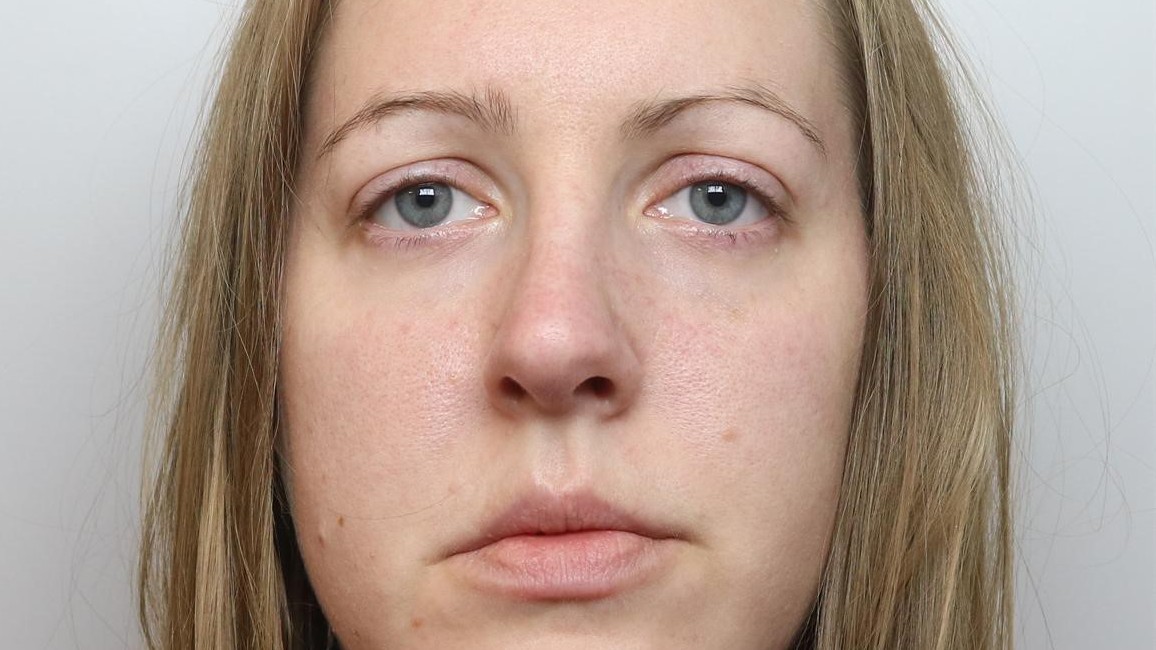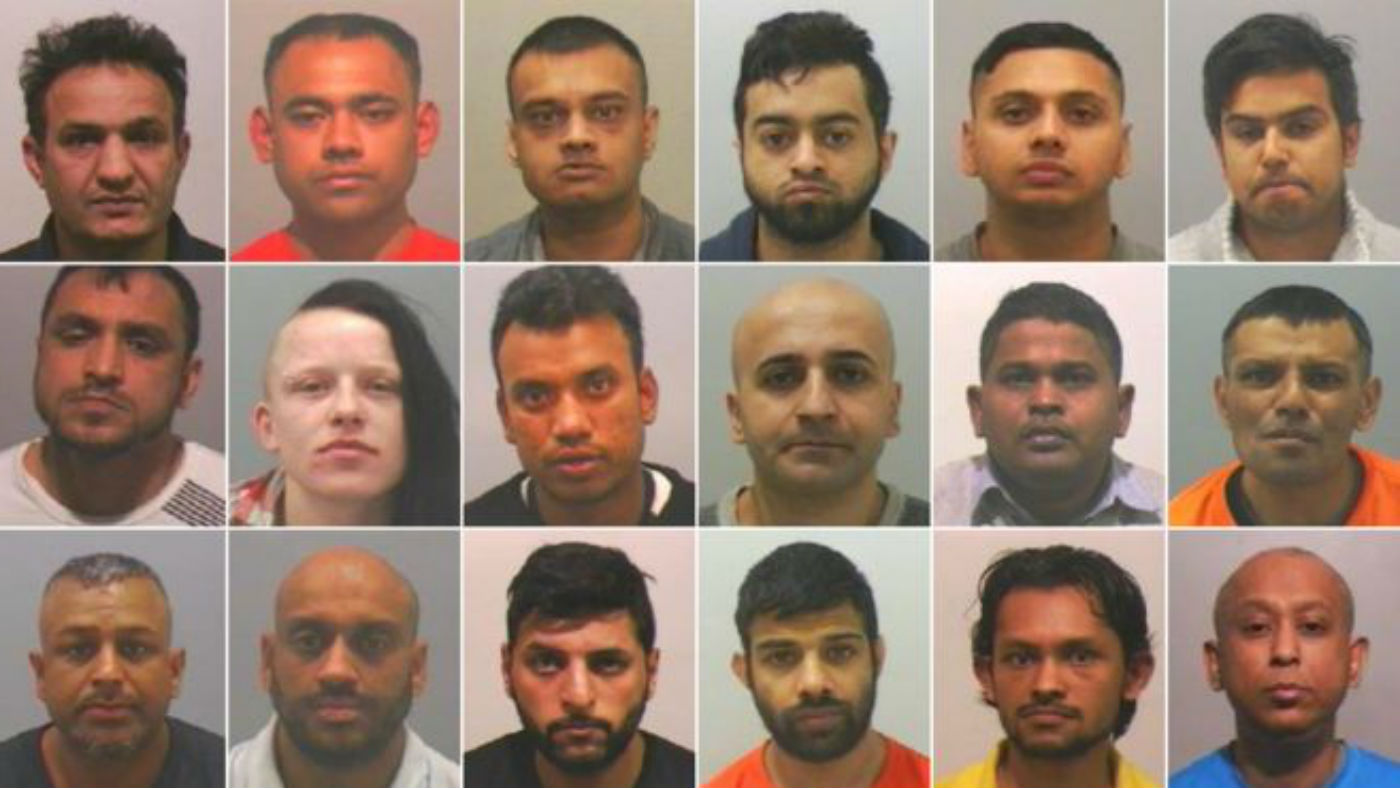Rape and consent: will new guidelines make a difference?
CPS advice to police aims to challenge rape myths and stereotypes, but it won't change the law

A free daily email with the biggest news stories of the day – and the best features from TheWeek.com
You are now subscribed
Your newsletter sign-up was successful
The Crown Prosecution Service has issued new guidelines to police, clarifying issues around sexual consent in an effort to change attitudes towards rape.
"Rape cases often turn on the issue of consent and it is vital that we all fully understand what that means," Director of Public Prosecutions Alison Saunders told the BBC.
Existing legislation already states that sexual consent needs to be given fully and freely, so how far does this new advice go and what difference will it actually make?
The Week
Escape your echo chamber. Get the facts behind the news, plus analysis from multiple perspectives.

Sign up for The Week's Free Newsletters
From our morning news briefing to a weekly Good News Newsletter, get the best of The Week delivered directly to your inbox.
From our morning news briefing to a weekly Good News Newsletter, get the best of The Week delivered directly to your inbox.
What are the guidelines?
The advice attempts to change the way police forces think about consent by reiterating that it cannot be given when a victim is incapacitated by drugs or alcohol, nor where the suspect was in a position of authority over the victim.
The new guidance says that behaviour such as staying silent or the use of contraception does not mean consent was given. Police should also question a person's ability to consent to sexual acts if they have learning difficulties, mental health problems, or were asleep or unconscious at the time.
"We want police and prosecutors to make sure they ask in every case, where consent is the issue, how did the suspect know the complainant was saying yes and doing so freely and knowingly?" Saunders said.
A free daily email with the biggest news stories of the day – and the best features from TheWeek.com
But will that actually change the law?
No. The advice given by police is just that; advice. "It does not in any way change the law on rape," Conor James McKinney from the independent fact checking organisation Full Fact points out.
In a court of law, the onus will still be on the prosecution and not on the suspect to prove that an act of rape took place. In order to secure a conviction, the prosecution still needs to prove the following:
- That a person intentionally penetrated the vagina, anus or mouth of another person
- The other person did not consent
- The suspect did not reasonably believe that the other person consented
The College of Policing will publish its own updated national guidance on rape investigations in the coming weeks, the Police Oracle reports.
So what is the point?
If followed, the advice could help change the way police investigate rape cases and the amount and scope of evidence they collect. It is also an attempt to change attitudes towards rape by educating the police and the public about consent and confronting myths and stereotypes about the crime and its victims.
Giving police better advice may not change the dynamics of a trial, but it "would make it more likely that guilty people are convicted," as the prosecution will have better evidence, argues McKinney.
"This is really about making sure investigators and prosecutors look at the whole context, so we're able to put strong cases before the court and we don't just focus on what a victim did or said," said Saunders.
Katie Russell, spokeswoman for Rape Crisis, welcomed the move and said she hoped the guidance would promote "the cultural shift necessary for sexual violence survivors to receive the criminal justice they want and deserve".
-
 The Olympic timekeepers keeping the Games on track
The Olympic timekeepers keeping the Games on trackUnder the Radar Swiss watchmaking giant Omega has been at the finish line of every Olympic Games for nearly 100 years
-
 Will increasing tensions with Iran boil over into war?
Will increasing tensions with Iran boil over into war?Today’s Big Question President Donald Trump has recently been threatening the country
-
 Corruption: The spy sheikh and the president
Corruption: The spy sheikh and the presidentFeature Trump is at the center of another scandal
-
 Nottingham attacks: was justice served?
Nottingham attacks: was justice served?Talking Point Mother of victim says she was 'foolish to trust legal system' as killer Valdo Calocane is sent to high-security hospital
-
 Lucy Letby to face retrial over attempt to murder baby girl
Lucy Letby to face retrial over attempt to murder baby girlSpeed Read UK’s most prolific child killer to face additional charge after lodging appeal against conviction
-
 Why are English courts sitting idle?
Why are English courts sitting idle?Speed Read Criminal cases brought to trial have plunged to record lows despite rising crime
-
 Newcastle sex abuse ring: Eighteen guilty of grooming young girls
Newcastle sex abuse ring: Eighteen guilty of grooming young girlsSpeed Read Victims as young as 13 given drugs and alcohol before being assaulted
-
 Violence against women: record number of convictions reported
Violence against women: record number of convictions reportedSpeed Read But charities say there is still a long way to go before all victims receive the justice they need and deserve
-
 CPS under fire for charging men who took food from skip
CPS under fire for charging men who took food from skipSpeed Read Three men face prosecution for taking vegetables, cheese and Mr Kipling cakes out of an Iceland skip